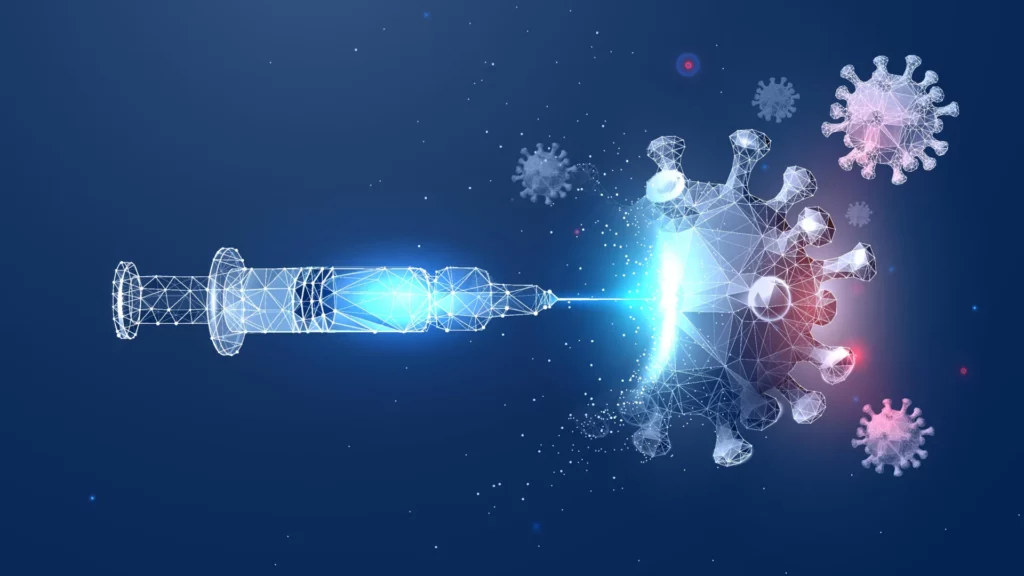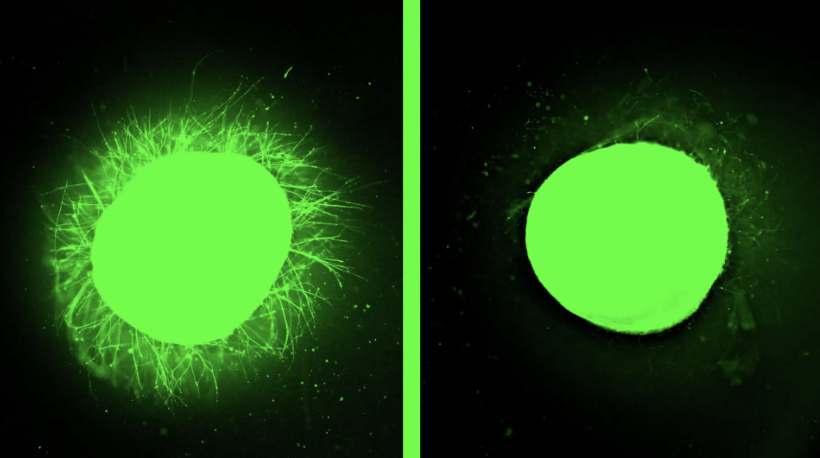Sometimes the biggest breakthroughs come from looking backward. Penn researchers used the century-old Mannich reaction to add anti-inflammatory phenol groups to mRNA vaccine lipids, creating safer and more effective treatments. By incorporating compounds similar to those found in olive oil, the new C-a16 lipids reduce oxidative stress while dramatically boosting performance.

The improvements were compelling across multiple models: gene expression in cells was up to 15 times higher in the classic firefly bioluminescence experiment; CRISPR-Cas9 gene editing showed nearly double the efficiency in hATTR; melanoma treatments had triple the tumor-reduction effect in mice; and COVID-19 vaccine responses were about five times stronger compared to standard lipid formulations. These benefits are largely attributed to phenol groups that neutralize damaging free radicals and reduce inflammation.
This breakthrough addresses mRNA vaccines’ main limitation – inflammatory side effects – while simultaneously enhancing therapeutic effectiveness across genetic diseases, cancer treatments, and infectious disease prevention.
Research article: A tiny chemistry hack just made mRNA vaccines safer, stronger, and smarter
Lambda Biologics’ Oncology Solutions: Patient-derived cancer organoid-based drug evaluation service
Gastric Cancer Organoid | Breast Cancer Organoid | Hepatocarcinoma Cancer Organoid | Pancreatic Cancer Organoid



